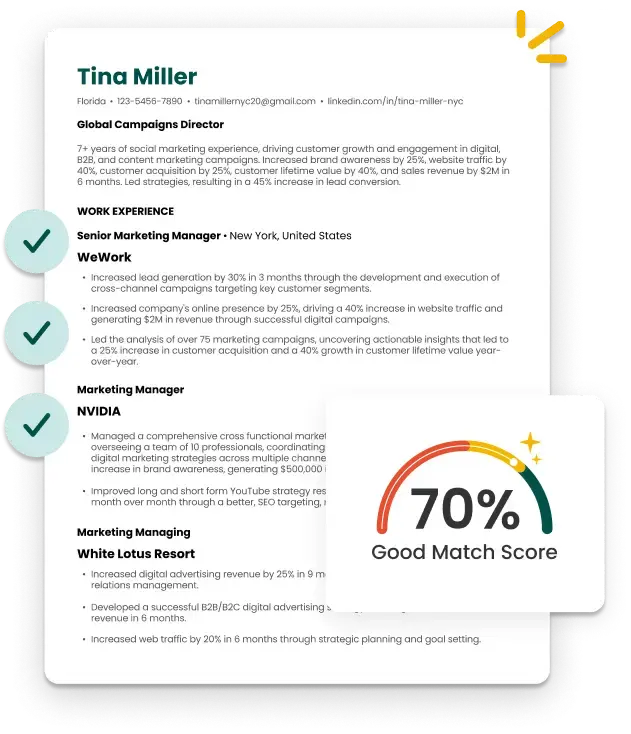About the position
As a Meteorologist in the Global Modeling and ESPC Division of the Modeling and Forecasting at the Fleet Numerical Oceanography Center (FNMOC), you will serve as a subject matter expert in various critical areas including numerical weather prediction, atmospheric data assimilation, aerosol modeling, ensemble forecasting, air-sea interaction, aviation, and satellite meteorology. Your role will involve initiating, planning, coordinating, and executing the transition of new and emerging scientific technologies and techniques from the research community to operational settings. You will be responsible for planning, designing, and implementing the operational configuration of significant new data assimilation and numerical modeling capabilities that facilitate the automated validation and verification of atmospheric analysis and forecast products. In this position, you will also propose and defend new methodologies and analysis techniques for utilizing atmospheric modeling products in military tactical and planning applications, drawing on innovative research. Your expertise will be crucial in improving forecast guidance and enhancing the performance of tactical decision aids across major product areas. This role requires a deep understanding of advanced theoretical meteorology, including the dynamics of the atmosphere and mesoscale meteorology, as well as proficiency in computer methods for numerical weather analysis and prediction. You will be expected to apply your knowledge of air-sea interaction and satellite remote sensing, along with a comprehensive understanding of atmospheric satellites and their sensors, to produce environmental estimates and derived METOC products. Additionally, you will need to demonstrate advanced programming skills, particularly in languages such as FORTRAN, and familiarity with operating systems like LINUX. Your role will also involve software engineering techniques for the development and maintenance of automated, real-time systems, as well as public speaking and technical writing skills to effectively communicate your findings and methodologies.
Responsibilities
- Serve as a subject matter expert for major product areas such as numerical weather prediction and atmospheric data assimilation.
- Initiate, plan, coordinate, and execute the transition of new scientific technologies from research to operations.
- Plan, design, and implement operational configurations for new data assimilation and numerical modeling capabilities.
- Propose and defend new methodologies for using atmospheric modeling products in military applications.
Requirements
- Must be a U.S. Citizen.
- Must be determined suitable for federal employment.
- Must participate in the direct deposit pay program.
- Must obtain and maintain a Secret security clearance.
- Must be able to travel on military and commercial aircraft for extended periods.
- Must obtain and maintain a U.S. Passport.
- At least one year of specialized experience at or equivalent to the GS-12 grade level in the Federal service or equivalent experience in the private or public sector.
- Experience applying advanced theoretical meteorology and computer methods for numerical weather analysis and prediction.
- Experience with air-sea interaction and satellite remote sensing.
- Knowledge of atmospheric satellites and their sensors, and algorithms for environmental estimates.
- Proficiency in an advanced programming language such as FORTRAN and operating systems like LINUX.
Nice-to-haves
- Experience in public speaking and technical writing.
- Familiarity with software configuration management and visualization of large scientific data sets.
Benefits
- Comprehensive benefits package as a federal employee.
- Eligibility for various incentives such as Recruitment, Relocation, or Student Loan Repayment.
- Access to professional development opportunities.

